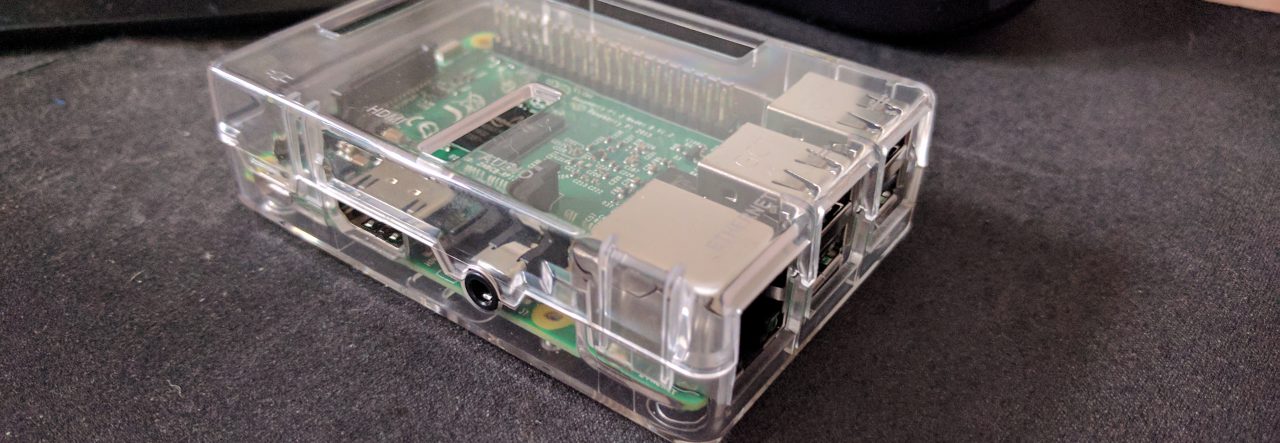Recently I acquired both a Raspberry Pi and a BeagleBone Black computer boards. My purpose for obtaining these boards is of course, to further my geek status, but also to explore the possibility of using one or both of these boards for some projects I’ve been toying with.
At the top of my project list is a task to create a computer system that is small enough to be easily portable and that can be run from a battery (or at least some portable power supply) to allow me to add it to my portable amateur radio station, which runs off of a deep-cycle battery and a solar panel. More specifically, I desire to be able to run digital modes like PSK31 on my portable radio station, and for that I need a computer.
Both the Raspberry Pi and the BeagleBone Black appear to be capable of the job…if I can locate or create the proper software. However, I discovered I had a misconception about these boards and thought that perhaps a reader might be under the same misconception.
Specifically, when I purchased the two boards, I also purchased a single power supply, thinking that both boards would utilize the same power input scheme. Why did I think this? I have no idea! Well, it turns out that this is NOT the case.
The Raspberry Pi uses a USB-type cable to supply power to the board. This is handy because most cell phone chargers will work with the Raspberry Pi board. However, the BeagleBone Black board uses a rounded plug similar to the plugs you see on home network routers. In fact, some network router power cords work just fine with the BeagleBone black. Unfortunately, none of the extra cords I had on hand from old routers worked. They either had the wrong type of cord/connection or else did not provide 5 volts (many provide 12 volts).
Now enter the Roku…
It turns out that a few years ago we purchased Roku box…one of the first generation devices. We stopped using it in favor of our Wii because the software on the Roku was atrocious. However, the power cord for the Roku works PERFECTLY with the BeagleBone Black. It has the correct connector and produces the proper 5 volt output.
Speaking of power, I need to see if you can power the BeagleBone Black board solely by its USB port. I’m guessing that you can, but keep in mind that the BeagleBone Black board only has ONE USB port, whereas the Raspberry Pi board has TWO. However, if you want to power the BeagleBone Black board from its specifically designated power port, you will need a 5 volt power cable with the rounded plug at the end.
No matter what I end up doing with these boards, I do expect that when I have my plans fully realized, the boards will be running separate from a computer…or at least part of the time be needing to run separate from a computer. Therefore, it is wise to understand how you can supply power to these boards.
